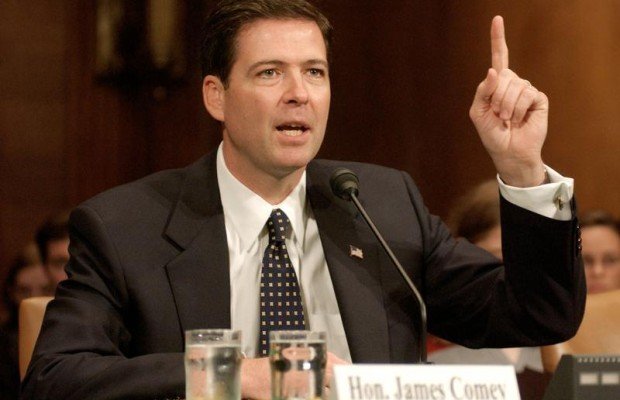Later on Wednesday, two key U.S. law enforcement officials will testify in front of the Senate Judiciary Committee to argue in support of backdoors in various consumer encryption platforms, a report said.

FBI Director James Comey and Deputy Attorney General Sally Yates will argue that there is no absolute right to privacy, since it must be weighed against public safety, according to the Associated Press. A number of people in American law enforcement have claimed that growing levels of encryption have made it difficult to monitor criminal and terrorist communications.
"I believe that we have to protect the privacy of our citizens and the safety of the Internet," an excerpt of Yates' prepared remarks reads. "But those interests are not absolute. And they have to be balanced against the risks we face from creating warrant-proof zones of communication."
An assortment of technology companies, Apple among them, have contended that privacy is essential and that any legally-mandated backdoor could be exploited not only by the U.S. government but by criminals and foreign governments. Encryption has increasingly become a selling point, particularly after 2013 revelations about the scope of National Security Agency surveillance programs, which regularly scoop up vast amounts of data about people not suspected of any crime.
Both Apple and Google have become proponents of full-disk encryption on mobile devices, although latter's progress has been slower. Apple has touted iOS 8 as being so difficult to crack that, even when served with a warrant, it would be unable to decrypt an iPhone's data.
In June, Apple CEO Tim Cook delivered a speech at the Electronic Privacy Information Center's Champions of Freedom event, asserting that people have a "fundamental right to privacy," which is demanded not only by the American public but by morality and the U.S. Constitution. He also brought up the issue of backdoors, calling them fundamentally flawed.
"Criminals are using every technology tool at their disposal to hack into people's accounts," he said. "If they know there's a key hidden somewhere, they won't stop until they find it."


